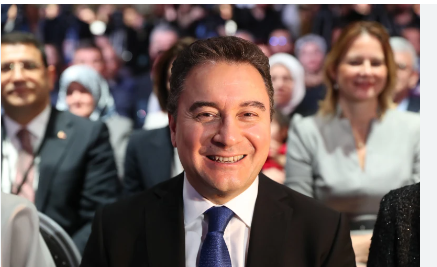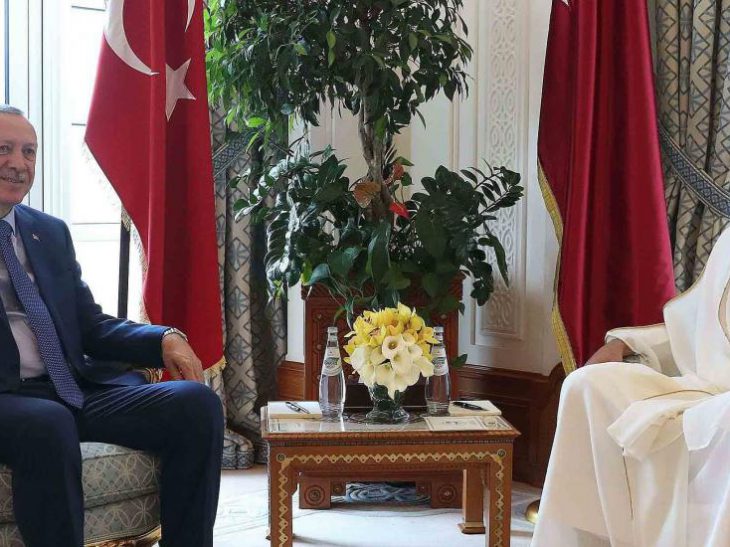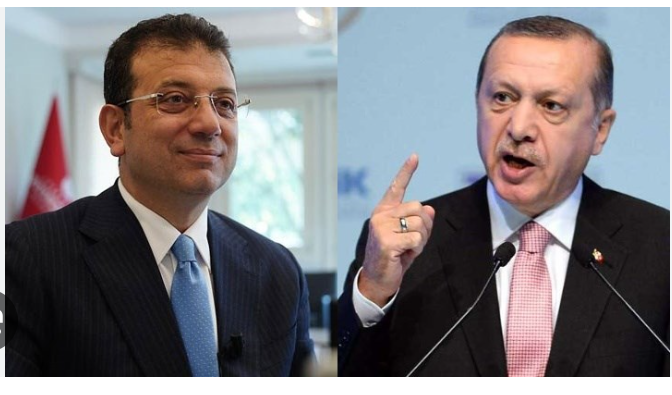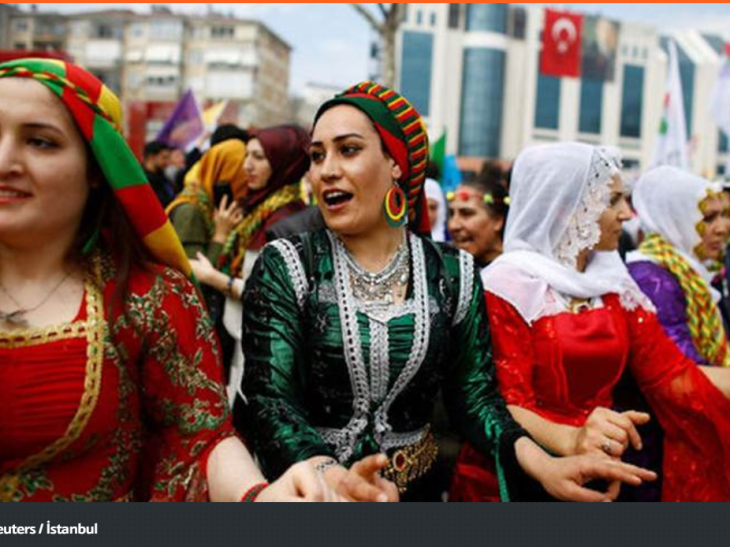Muharrem Sarikaya: Nation Alliance bested the D’Hondt system
 system
system
Political wisdom has always shown that the COUNTRY threshold to enter the Grand Assembly (GA) will not work, regardless of the bar, that parties can get around it.
(Editor: In Turkey, the Electoral Law stipulates that only parties which receive more than share of the national vote cast may send deputies to the GA)
If the majority raises the country threshold, it will not cause the parties with fewer votes to melt away, as AKP and MHP predicted, when they unwisely amended the Electoral Law last year, but to rise.
Beyond facilitating the existence of many tiny parties at all times, Turkey’s hybrid D’Hondt system also causes large parties to bribe smaller ones.
If you try to prevent political institutions from gathering under one roof according to common ideology and objectives…
They always find ways to overcome the obstacles one way or other, whether it was in the new D'Hondt system with actually erects a district-based threshold up to 33%, or in the 10% country hurdle, which was the previous system.
[embed]https://www.youtube.com/watch?v=O6b5mxF3Ab8&t=17s[/embed]
Parties always circumvented restrictions to prevent smaller ones being represented in the GA, but countless and random votes went to waste.
The most obvious example of this wastage was in the 2002 election, where more than 14 million votes, which make up 46.33% of the total vote, were denied representation in the GA because many parties came close to, but could not pass the 10% national threshold.
As a result, the AK Party, just like the other gerrymanderers before it, had 64% of the seats in the GA with 34% of the votes, while the CHP’s deputies were inversely proportional to the vote it received.
Finally, politicians realized how wrong the system was, with the national threshold being lowered to 7% last year.
Now, we are seeing in this election that sinister gerrymandering efforts to replace the 10% national threshold did not yield any results.
COOPERATE, AND EVERYONE WINS
Parties, which recognized that every single vote counts in the presidential race, due to requirement of 50%+1 of votes cast system to avoid a run-off, inevitably sought to cross the threshold by recruiting the parties with less votes.
Smaller parties were given a wonderful opportunity to enter the contest from the lists of the larger ones and win more deputies.
This explains why both the governing Republican and the main opposition Nation Alliance scrambled to recruit allies to merge candidate rosters.
Because the parties, which could not possibly pass the 7% election threshold if they entered on their own, broke the threshold by entering into an alliance.
However, if the threshold had been abolished from the beginning and a fair and simple system were to be introduced, in which every party that received at least 1% of the votes got a deputy, there would have been no need for these maneuvers.
EVERY 1% RISE BRINGS SEVEN DEPUTIES
According to experts I interviewed, each 1% increase in the votes of a party with a large number of votes brings between 5 and 9 deputies depending on the district; the average gain corresponds to 7 representatives as a reward for cross-party cooperation.
Each point increase in the ratio increases this number mathematically; in other words, the alliance gains 14 deputies when its votes increase by 2%, and 21 when it increases by 3%…
Nation Alliance components acted on this reasoning. Saadet Party Deputy Chairman Bülent Kaya, who is an expert on these issues, showed how the number of deputies would decrease, f member parties entered the election separately, with the simulations he made based on the votes received in the last election.
When investigations of other parties showed the same result, the parties that were until then unable to reach a consensus came to the conclusion that it would be beneficial to gather under the roof of the CHP.
MULTI-PARTY CAUCUSUS ARE NEXT
In fact, all calculations show that DEVA and SP can reach 15 deputies each, which corresponds to 10-12 deputies in the Future Party.
Even if there is no increase in Nation Alliance votes until the election day, it has been seen that in the current situation, merged lists will bring at least 43 additional deputies, 10 of which will benefit the CHP and the other 33 will benefit three parties.
According to these calculations, CHP's 22% vote in the 2018 election increases to 33% with the synergy to be created as a result of the union.
This brings the DEVA, SP and Future parties to the limit of forming a GA caucus, which grants privileges to parties that have reached 20 deputies in the GA are entitled to.
A party's caucus in the GA of Turkey not only has the right to be represented in the commissions, but also paves the way for the party to receive more aid.
Source article: Listeler, barajı yıktı…
Follow our English language YouTube videos @ REAL TURKEY: https://www.youtube.com/channel/UCKpFJB4GFiNkhmpVZQ_d9Rg
And content at Twitter: @AtillaEng
Facebook: Real Turkey Channel: https://www.facebook.com/realturkeychannel/





